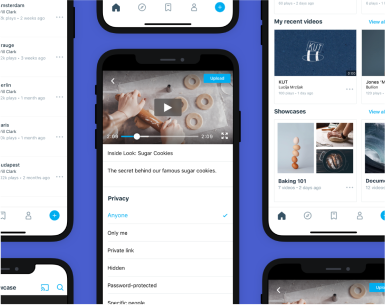Introduction
Rubix is a European multinational company that specializes in the distribution of industrial supplies, products, and services for industrial engineering, maintenance, and operations. With a presence in 22 countries through 20 different e-commerce websites, Rubix relies heavily on its online presence to engage with customers, which means that it is crucial for its websites and apps to provide a smooth and seamless user experience.
To ensure that its websites and apps are functioning properly across different devices and browsers, Rubix turned to BrowserStack for its testing needs and unlocked several benefits on multiple fronts – automation, release speed, device and OS coverage, cost-effectiveness, and more.
Lack of test automation that slowed down time-to-market
As Rubix started expanding its e-commerce business, relying on manual testing for its websites was not enough and gradually posed challenges in scaling up. The Digital QA team experienced a bottleneck as they struggled to execute manual tests for bi-weekly releases. The slow pace of testing adversely impacted release frequency.
Another roadblock was reproducing customer issues as some of the key accounts, working in the security domain, used specific versions of browsers and devices that were difficult to access for testing, says Harold Jacquot, Digital Group Delivery Manager at Rubix. It was imperative that Rubix tested on diverse device-browser combinations to ensure a seamless customer experience.








